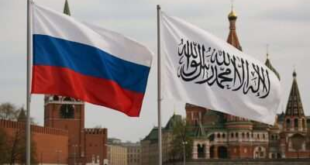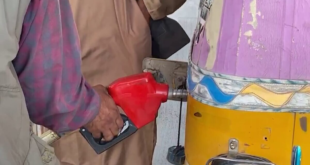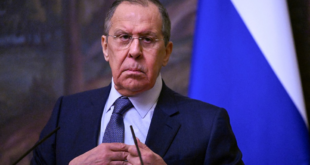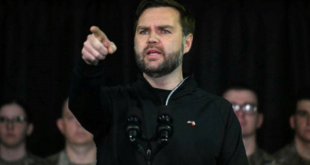GHAZNI, Afghanistan – The Taliban sought guarantees of safety from the U.N. mission in Afghanistan for possible hostage talks with South Korean officials in government-controlled territory, a purported spokesman for the militants said Friday.
In volatile southern Afghanistan, the U.S.-led coalition said it had launched an airstrike on a meeting of top Taliban commanders. Local officials said more than a dozen rebels and civilians had been killed in the strike Thursday a remote area of Baghran district in southern Helmand province. The airstrike was far from the area where the 21 South Korean hostages are believed to be held.
Amnesty International appealed Thursday to the Taliban to free the hostages captured last month, warning the group that holding and killing captives is a war crime.
Qari Yousef Ahmadi, a purported spokesman for the Taliban, said the militants are ready to negotiate with South Korea’s ambassador to Afghanistan in the capital Kabul or elsewhere inside or outside of Afghanistan as long as the U.N. mission guarantees their safety.
“The Taliban are ready to meet them in Kabul, other cities or other country, but only under one condition and that is that the U.N. guarantees their safety,” Ahmadi said, speaking from an undisclosed location.
Officials from the U.N. mission in Afghanistan were not immediately available to comment.
The Taliban abducted 23 South Koreans on July 19 in Ghazni province as they traveled by bus from Kabul to Kandahar. They were part of a church group doing volunteer health work in Afghanistan.
The captors have already shot and killed two men in the group. Ahmadi said Thursday the remaining 16 women and five men were still alive, but that two of the women were very sick and could die from illness.
Amnesty said it made the appeal for the hostages’ freedom in a phone call to Ahmadi on Thursday.
“Hostage taking and the killing of hostages are war crimes and their perpetrators must be brought to justice,” Irene Khan, secretary-general of the London-based group, said in a statement.
Ahmadi told Amnesty “we are trying to resolve this issue … acceptably,” but did not agree to protect the hostages from harm, the statement said.
The U.S.-led coalition in Afghanistan, meanwhile, said it had targeted two Taliban commanders in Thursday’s strike. It gave few details and no word of casualties.
Afghan Defense Ministry spokesman Gen. Mohammad Zahir Azimi said the strikes killed three senior Taliban, including the commander for Helmand province, Mullah Rahim. About a dozen other militants were killed, he said.
Ahmadi denied that Mullah Rahim was killed in the airstrike.
An even higher-ranked leader, Dadullah Mansoor, commander of the Taliban for all of southern Afghanistan, was present at the meeting hit by the strike but his fate was not known, Azimi said.
Azimi said the information about Rahim and other militants deaths was based on their intelligence service. His account could not be independently verified.
In apparent reference to the same incident, Mohammad Hussein, the provincial police chief, said several Taliban and civilians were killed in an airstrike in the Shah Ibrahim area of Baghran district on Thursday.
Taliban militants were hanging two local people they accused of spying for the government. Other villagers had come out to watch when the bombs fell, he said.
He said 20 wounded people were brought to the hospital in Helmand’s capital of Lashkar Gah. Enayatullah Ghafari, the head of the health department for Helmand province, said the youngest victim was an 8-year-old boy and the oldest a 50-year-old man.
Twelve wounded men were brought to a hospital in the main southern city of Kandahar, said Sharifullah Khan, a doctor there.
Nasibullah, one of the wounded men in Kandahar hospital, said the bombs hit a busy market place. He claimed there were no Taliban in the market at the time.
Hussein said the area where the attack happened is a known Taliban stronghold.
Dadullah succeeded his brother, Mullah Dadullah, as commander of militant operations in southern Afghanistan when Mullah Dadullah was killed in a U.S.-led operation in May.
 Eurasia Press & News
Eurasia Press & News



